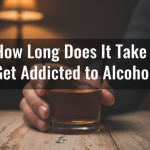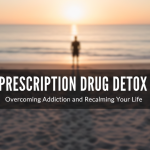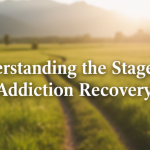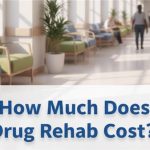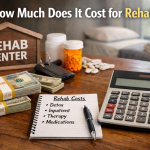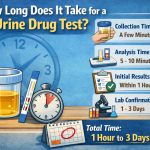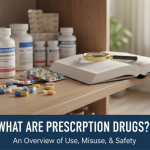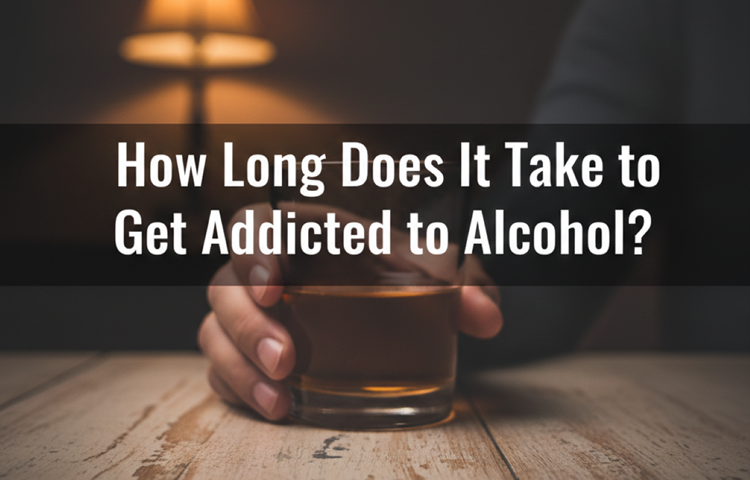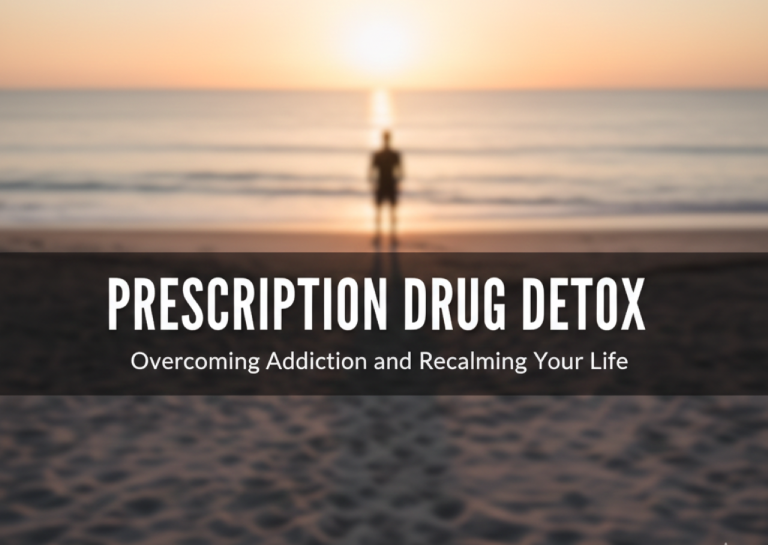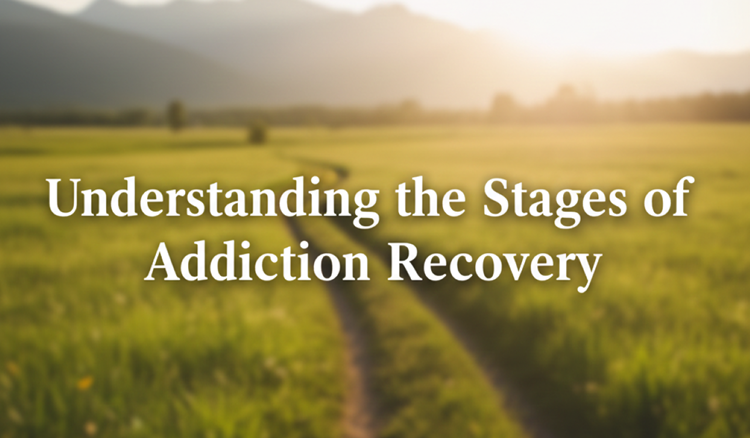If you’re currently considering an intensive outpatient program (IOP) in Florida, you might be wondering what it offers. What will your day-to-day experience look like? Most importantly, will it actually help if you’re dealing with substance abuse or mental health and psychiatric concerns?
An IOP is a structured yet flexible treatment option for someone who’s struggling with mental health disorders, addiction, or both. It offers a higher level of care than regular outpatient therapy.
At the same time, it allows people to live at home and manage daily tasks such as work, school, or family life.
We’ll explain what to expect in an IOP, explain how it works, and how it can help people recover. Knowing the IOP process can help if you are looking for treatment for yourself or someone you value. This understanding will guide you in making a smart choice about the next step toward healing.
What Is an Intensive Outpatient Program (IOP)?
An intensive outpatient program (IOP) is a flexible treatment option. It offers strong support for people recovering from mental health issues, addiction, or both.
An IOP allows participants to live at home. They receive regular therapy, medical support, and skill-building sessions.
Who Is an IOP For?
An IOP is great for people who need more support than regular outpatient therapy. However, they don’t necessarily need 24/7 care in a residential facility. Often, recommendations are made for:
- People transitioning from inpatient or residential treatment who still need ongoing support to prevent relapse.
- Individuals struggling with mental health symptoms or conditions or substance use who require more intensive therapy than standard weekly counseling sessions.
- People who need a treatment plan but have work, school, or family obligations may find inpatient care impractical.
Common Conditions Treated in an IOP
Many IOPs in Florida provide treatment for a range of mental health and substance disorders, including:
- Drug and alcohol addiction, strategies for relapse prevention, and coping strategies.
- Depression, anxiety, PTSD, and other mood disorders.
- Dual Diagnosis (Co-Occurring Disorders) is a combination of mental health and addiction challenges that require integrated treatment.
An IOP helps people move from intensive care to independent recovery. It offers structured therapy, peer support, and personalized treatment. This support helps individuals regain stability and confidence in their daily lives.
100% Confidential Support is Available 24/7
No matter what you’re going through, you’re not alone. Our dedicated team is here to provide a safe, judgment-free space where you can talk openly and honestly. Whether you need emotional support, resources, or just someone to listen.
We’re here for you—completely confidential and always respectful of your privacy. Call us today!
What Does a Typical Day in an IOP Look Like?
One of the most compelling benefits of an intensive outpatient program (IOP) in Florida is its flexibility. Unlike residential treatment, an IOP allows participants to maintain their daily responsibilities while receiving structured support. Many programs offer morning, afternoon, or evening sessions, making it easier to fit treatment into your schedule.
Therapy Sessions: Individual & Group
Therapy is the foundation of any IOP. It usually includes a mix of group and individual sessions that address different aspects of recovery.
- Group Therapy—A key part of IOP, group sessions offer a supportive space. Here, people can connect with others who face similar challenges, share personal experiences, and learn new coping skills.
- Individual Therapy – In one-on-one sessions, a therapist helps you with your personal goals and challenges. These sessions focus on specific issues like trauma, anxiety, or addiction triggers.
Psychoeducation & Life Skills Training
Education is a key component of recovery. Psychoeducation sessions teach individuals about the following:
- Mental health and addiction – Understanding how the brain and body respond to stress, trauma, and substances.
- Coping strategies – Techniques to manage cravings, triggers, and emotions healthily.
- Relapse prevention – Learning how to recognize warning signs and build a sustainable recovery plan.
Holistic Therapies
Many IOPs in Florida integrate holistic therapies to support mental, emotional, and physical well-being. These may include:
- Mindfulness and meditation – Helps regulate emotions and reduce stress.
- Yoga and movement therapy – Supports relaxation and physical health.
- Nutritional counseling – Encourages healthy eating habits to support brain and body function.
Medication Management (If Needed)
People with dual diagnosis have both mental health and addiction issues. Medication management can be a part of their treatment plan. A psychiatrist or medical professional may provide the following:
- Medications to manage mental conditions such as anxiety, depression, or mood disorders.
- Medication-assisted treatment (MAT) for substance disorders, when appropriate.
A typical day in an IOP in Florida is structured and supportive. It helps people build skills for long-term mental health and recovery. The program also encourages independence.
100% Confidential Support is Available 24/7
No matter what you’re going through, you’re not alone. Our dedicated team is here to provide a safe, judgment-free space where you can talk openly and honestly. Whether you need emotional support, resources, or just someone to listen.
We’re here for you—completely confidential and always respectful of your privacy. Call us today!
Contact Solutions Healthcare
Battling with Drug and Alcohol Addition? Remember, you are not alone and we are here to help you!
How Long Does an IOP in Florida Last?
The length of an intensive outpatient program (IOP) in Florida varies based on individual needs. Most addiction and outpatient mental health treatment programs have a clear but flexible timeline. This design helps provide support while slowly encouraging independence.
- Typical Duration: Most IOPs last 6 to 12 weeks, depending on the severity of the condition, progress in therapy, and personal recovery goals.
- Number of Sessions Per Week: Participants usually attend 3 to 5 sessions each week. Each session lasts 3 to 4 hours. This provides consistent support while allowing individuals to maintain their work, school, or family responsibilities.
- Progress-Based Approach: Unlike a one-size-fits-all model, an IOP adapts to individual recovery progress. As participants become more stable and build coping skills, the program slowly reduces its intensity. This helps them move to less frequent therapy sessions or regular outpatient care.
This step-down approach ensures that people receive the right care at each stage of recovery. It makes IOP a great choice for those who want structure but do not want the limitations of inpatient treatment.
The Benefits of an Intensive Outpatient Program
Choosing an intensive outpatient program (IOP) in Florida has many benefits. It is an effective and accessible treatment option. This program helps people recovering from mental health issues and substance use disorders.
Flexibility
One benefit of an IOP is that it allows participants to receive treatment while maintaining their daily tasks.
An IOP is different from an inpatient program. It works around your job, school, and family life, making it great for people who need help but can’t stay in a full-time residential program.
Comprehensive Support
An IOP provides a high level of care without requiring a full-time stay at a facility. Participants benefit from:
- Structured therapy sessions (individual & group)
- Guidance from licensed professionals
- Practical tools and coping strategies for long-term recovery
This well-rounded approach ensures that individuals receive the mental, emotional, and social support needed for healing.
Lower Cost Than Inpatient Treatment
An IOP is much cheaper than residential treatment. Although it doesn’t cover room and board costs, it still offers high-quality, evidence-based care.
Many insurance plans cover IOP services, making treatment accessible and cost-effective.
Building a Support Network
Recovery isn’t just about therapy—it’s about connection. An IOP helps individuals build relationships with peers and professionals who understand the recovery process.
Group therapy sessions and peer support create a sense of community. They offer encouragement and accountability, which are important for long-term success.
An IOP in Florida helps people move from intensive treatment to independent recovery. It provides support, structure, and flexibility. This balance helps individuals take back control of their lives.
How to Choose the Right IOP in Florida
Not all intensive outpatient programs (IOPs) in Florida are alike, so it’s important to find one that meets your needs.
Here’s what to look for when choosing the right program:
- Accreditation & Licensing: To ensure you receive quality care, make sure the program is state-licensed, accredited, and evidence-based.
- Specialized Treatment Options: Some Intensive Outpatient Programs (IOPs) focus on specific groups, such as veterans, young adults, and professionals. They provide support for unique challenges.
- Holistic vs. Traditional Approaches: Think about whether a holistic program with mindfulness, yoga, and alternative therapies would help you. Or, consider if a traditional, clinically focused program is a better choice for you.
- Insurance and Payment Options: Check what your insurance covers. Look into payment plans to make sure the program is affordable.
At SHC Health, our state-licensed IOP in Florida, we offer a personalized approach to mental health and addiction recovery.
We combine evidence-based therapy, group support, and holistic wellness strategies to help individuals regain stability and thrive.
100% Confidential Support is Available 24/7
No matter what you’re going through, you’re not alone. Our dedicated team is here to provide a safe, judgment-free space where you can talk openly and honestly. Whether you need emotional support, resources, or just someone to listen.
We’re here for you—completely confidential and always respectful of your privacy. Call us today!
Take the Next Step with Solutions Healthcare
Choosing the right treatment program is a significant and impactful decision, but you don’t have to do it alone.
At Solutions Healthcare, we’re here to guide you every step of the way. Contact us today to learn about our intensive outpatient program in Florida and how we can help you live a healthier and happier life.
References
- National Institute of Health (NIH): Substance Abuse Intensive Outpatient Programs: Assessing the Evidence







